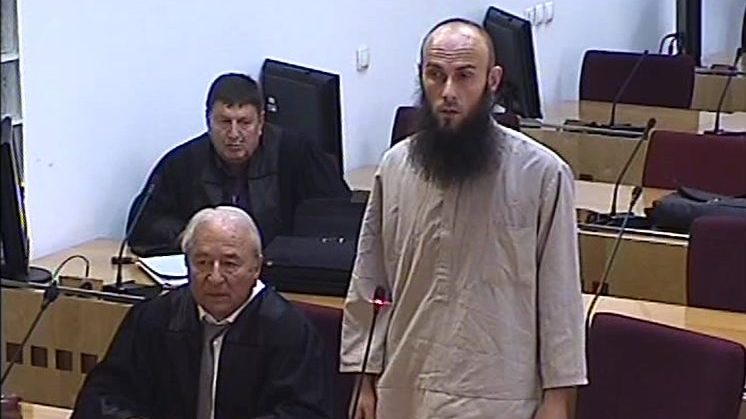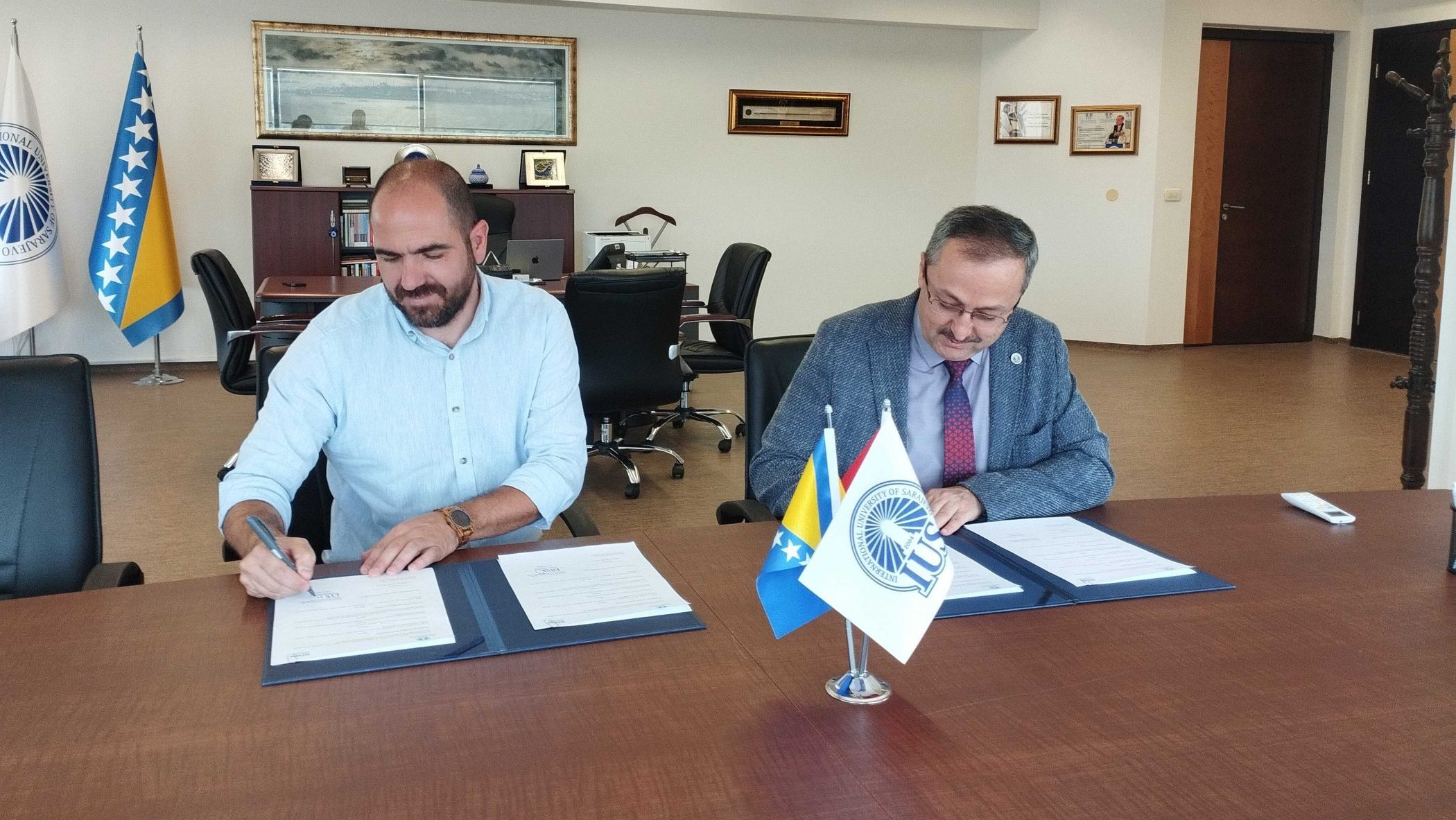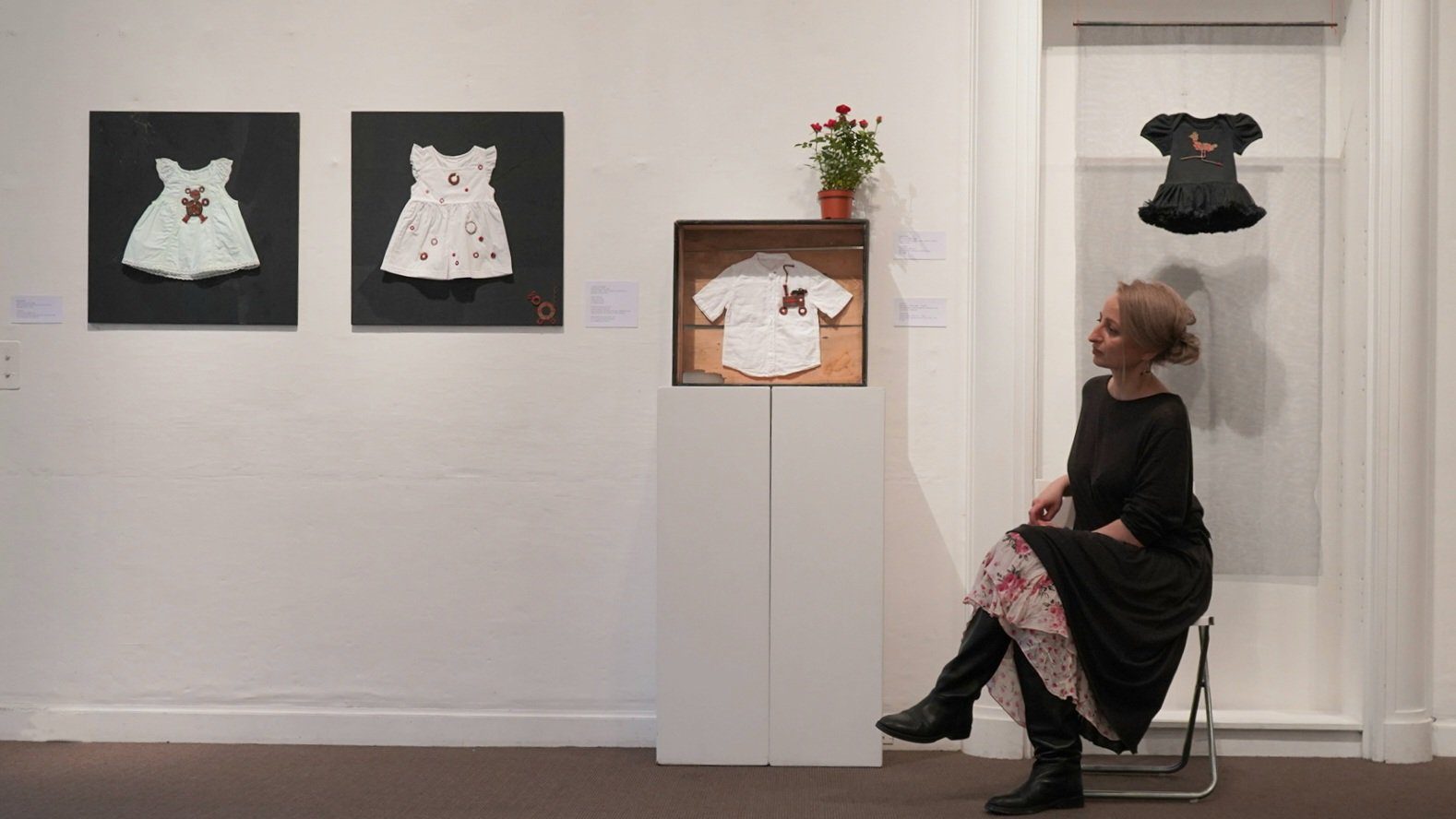This post is also available in: Bosnian
Tamir Waser, political adviser at the US mission to NATO in Brussels, told BIRN in an interview that NATO is interested in helping Bosnia and Herzegovina strengthen security institutions and reinforce the country’s capacity to face threats such as terrorism – but Sarajevo must say what help it needs.
“The threat that countries face from extremism, homegrown radicalism, fighters returning from battle, is a shared challenge. BiH is not alone in facing that challenge… It is a joint fight we all share, because the consequences are shared with us. If there are 220 people from Bosnia and Herzegovina, who left in order to take part in battles , it does not mean they stayed there or that they are returning to BiH,” said Waser.
“They could travel. We saw citizens from various countries participating in terrorist attacks, wither run by or inspired by Islamic State, in Europe and America over the course of recent years,” he added.
He said that almost all countries in the world face violent extremism problems to a certain extent, so it is important to build partnerships in order to fight the phenomenon.
Waser said that there are still no concrete projects between Bosnia and NATO in the fight against terrorism, as Sarajevo has yet “to determine in which segments it needed help”.
“I would not say you are late in submitting your applications, but you have simply had different priorities up to now. For instance, a few years ago there was a need for introducing a new law to penalize those fighting at foreign battlefields. This was done, but, for instance, NATO has absolutely no expertise in the field of law adoption,” Waser said.
Waser, who previously served as principal deputy to the High Representative in Bosnia as well as political counsellor at the US embassy in Sarajevo, said the judicial system was key to fighting terrorism.
“Without efficient judiciary, there is no quality processing of terrorism cases. Besides that, currently there is a global challenge – in the USA, the United Kingdom, Turkey and even in BiH – to make a balance between security and freedoms.
“There are freedoms we all hold to be essential, but the question arises as to how to balance them with security needs. Let’s say freedom of movement or speech or religion. How do you make a balance and get security? This is a defining debate in democratic societies around the world. The judiciary will help us find the balance,” Waser said.
Bosnia and Herzegovina joined the NATO Partnership for Peace program in 2006, and signed an agreement on security cooperation a year later.
In 2009, the Bosnian tripartite presidency announced an official application for a Membership Action Plan – a key step towards joining the alliance – which was accepted in April 2010 at a NATO summit in Tallin, Estonia.
However, NATO attached certain conditions for the plan to be activated.
The key issue still unresolved is the transfer of the registration of more than 50 military facilities from the country’s two entities, Republika Srpska and the Federation, to the state-level government.
The country has not made any more progress towards joining NATO over the past few years due to fact that the entities have not yet transferred the military property.
“While we welcome the fact that state institutions have done their job when it comes to registering the property, unfortunately the entity authorities have not done that,” Waser said.
He insists however that cooperation with the alliance has not been stopped altogether, and praised the country for adopting a defence review last year.
“The kinds of things that are needed to implement the defence review are the kinds of things that BiH would be including in its annual national plan for NATO cooperation,” he explained.
“So while BiH is not going to move forward in its quest for NATO membership until it has met the condition related to registering property in Tallin, the idea that cooperation between BiH and NATO is blocked, I would say is not accurate,” he added.
He called on the Bosnian authorities to make sure the members of the Bosnian tripartite state presidency visit Brussels in order to agree on future cooperation.
“It would be important for all members of the Bosnian presidency of them to come in the coming months and discuss with us what Bosnia and Herzegovina want from this relation, because the question that’s always asked is, what do you want?” he explained.
“We have some standards for membership, but, in the interim, you should tell us what are the areas you want to work on, what do you expect from our relations? While we are working on your membership, you should tell us where you want the focus to be, what we should work on. If the presidency of Bosnia and Herzegovina comes to Brussels, it can lead to a renewal of energy on the road towards membership,” he concluded.




